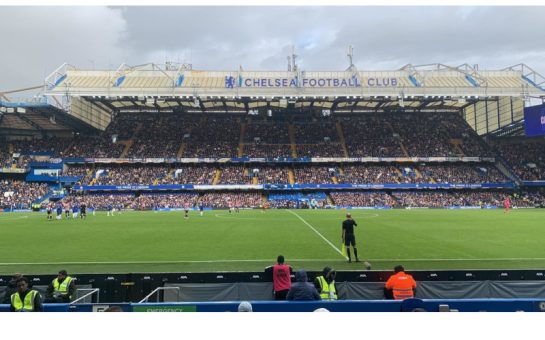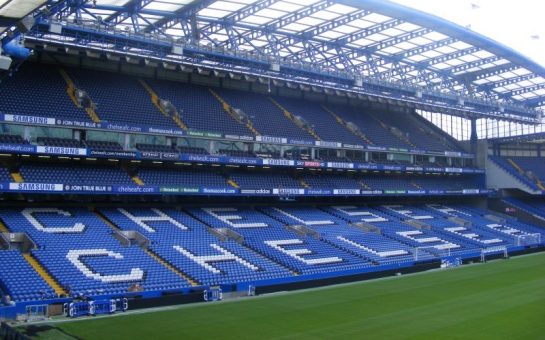Sexual discrimination against men in South West London clubs is rife – but how easy is it to prove?

In the underworld of London’s rich, fabulous and famous, nightclubs operating what is named a ‘discretionary door policy’ conceal a multitude of sins.
My accusation does not refer to within the club however, where immoralities are blurred by an alcoholic haze, dimmed by strobe lighting and smothered by a superbad beat.
Owners, managers and staff work carefully and tirelessly to manipulate the image of their exclusive venue, and nowhere are clubs more exclusive than in south-west London’s borough of Kensington and Chelsea.
Sexual discrimination against men in these clubs is rife. But although this is easy to say, it is much harder to prove.
This is because a bouncer’s discretion is supposedly exactly that; his own choice, which is meant to be based on drunkenness and behavior, not sex or appearance.
When questioned, any bouncer can and does say his choice was based on inappropriate behaviour or dress.
The accused looks down, stone cold sober, to check the immaculate state of his tailcoat and cravat.
“I was turned away as we were mostly guys. It was really annoying because my girlfriend and her friends had just gone in ahead of us,” said Kings Road clubber Rob Sprague, 28.
“They tried to reason with the bouncer by explaining we were with them but he wasn’t having any of it.”
Rob said his friends had been in similar situations on Kings Road too.
“One of my mates, Jonny, is quite a big guy. He has a lot of trouble because bouncers feel intimidated by him. He has to be careful if he wants to get into a club.”
Such treatment is illegal under the Sex Discrimination Act 1975. This law was consolidated in the 2010 Equality Act, which extended it to include both public and private services, based on Labour’s Equality Bill in its 2005 election Manifesto.
Pubs and clubs are not allowed to discriminate on the grounds of gender by providing you with a lower standard of service, or refusing you that service altogether.
But they do, and get away with it.
On questioning Chelsea and Kensington’s elite clubs, they sang the same tune: “we operate a discretionary door policy”. None would divulge on what rulings their discretion was to be based on.
If I wanted to guarantee the entry of my male friends I would have to book a table, I was told by an exclusive Kensington venue, at £100 a head minimum spend.
A spokesperson for the Equality and Human Rights Commission said most people didn’t bother to call up about these issues.
“My guy friends and I have no problems with the door policy. It’s not as crowded on Kings Road and you can actually have a decent conversation,” said Fulham-based resident Sophie Kirk, 22.
“If I wanted to be swamped by guys I would go to Clapham’s Infernos.”
It is true the policy encourages a better gender ratio.
The likelihood that you might not be let in is part of an elite club’s appeal.
After all, that is precisely why these clubs are called ‘exclusive’. But there is always the chance the night is ruined by a friend being turned away.
Perhaps it would make better sense do adopt an air of Groucho Marx’s attitude: ‘I don’t want to belong to any club that would have me as a member’.
But it is nice to pass the door test.




